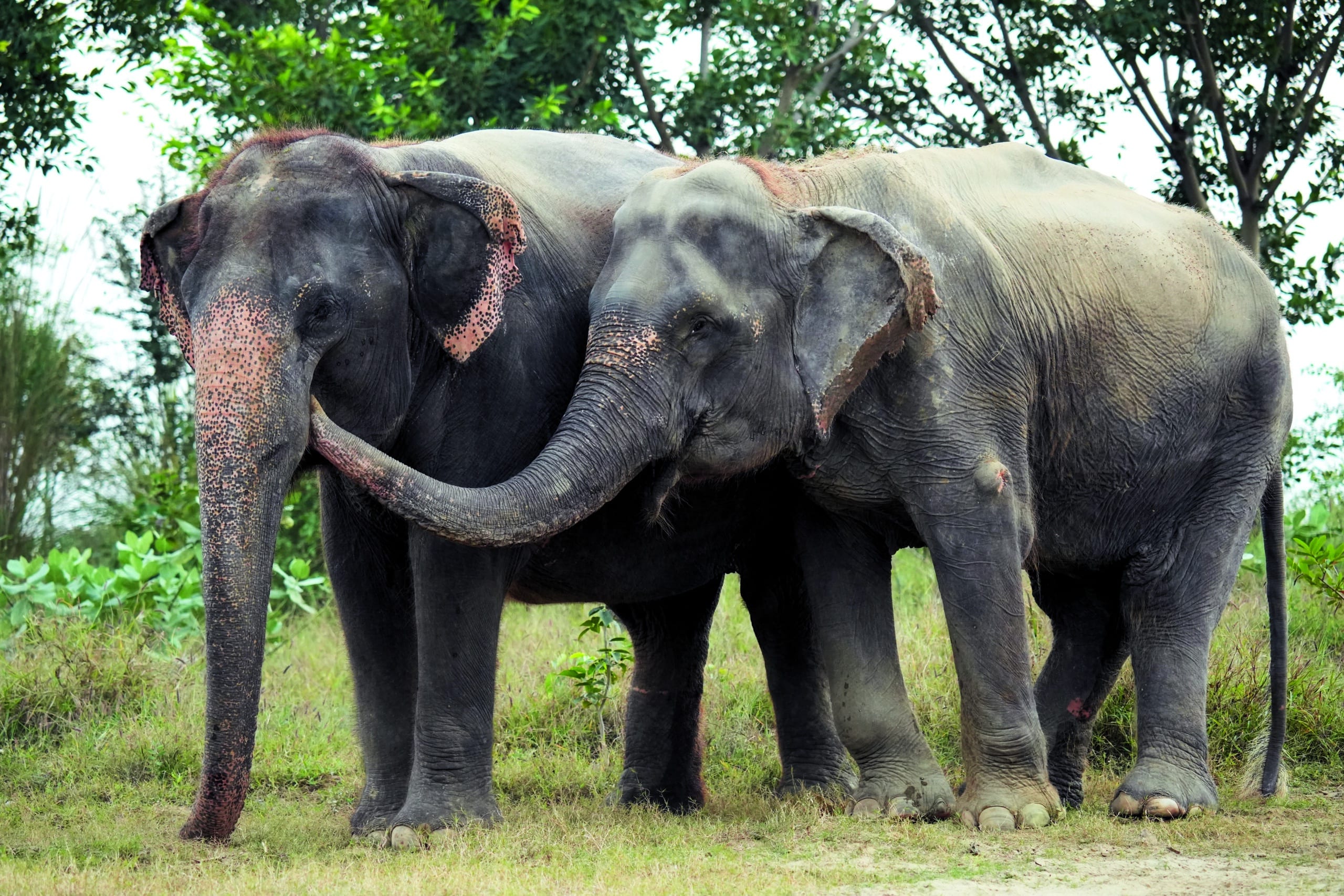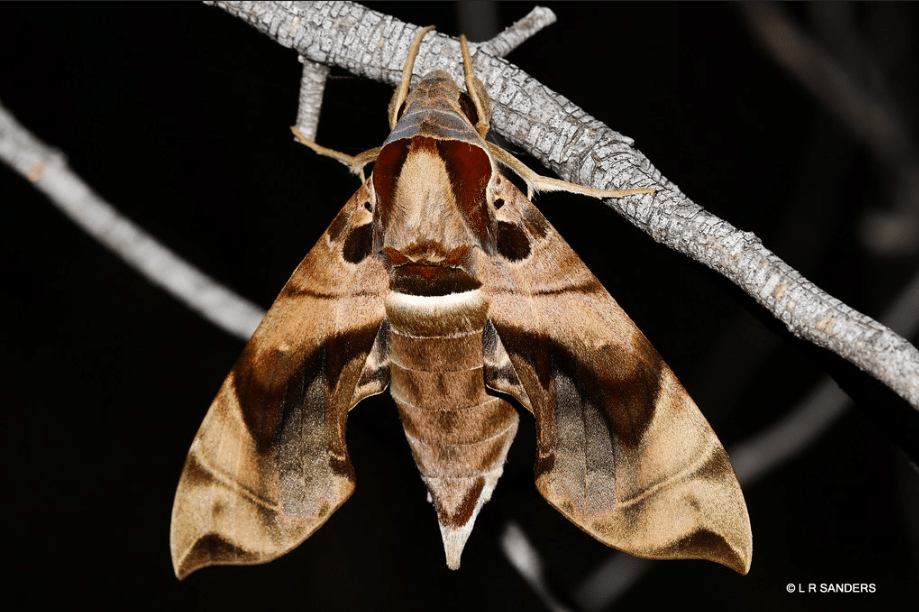You might remember Kalpana—I am happy to report that this year she celebrates her fifth rescue anniversary at Wildlife SOS. Formerly exploited and abused as a ‘begging’ elephant in Uttar Pradesh, Kalpana was rescued in 2019 and brought to the Wildlife SOS Elephant Hospital Campus (EHC) in Mathura for comprehensive...
SYDNEY (8 July 2020) – Disturbing video footage released by Humane Society International/UK reveals shocking suffering of thousands of foxes and raccoon dogs enduring miserable lives and painful, protracted deaths on fur farms overseas. The organisation says the footage serves as a reminder to consumers to avoid fur when buying for their winter wardrobes.
Foxes were filmed being repeatedly bludgeoned over the head, resulting in catastrophic injury but not instant death; some animals were cut with knives, or even entirely skinned, while clearly still alive.
Download photos and video here: https://newsroom.humanesociety.org/fetcher/index.php?searchMerlin=1&searchBrightcove=1&submitted=1&mw=d&q=AsiaFurFarm0320
Investigators for Humane Society International filmed at eleven randomly selected fur farms in one of the top countries exporting fur. HSI has chosen not to reveal the country in order to protect the identity of the investigators, but says trade data shows that Australia imports millions of dollars of fur every year. In 2018 Australia imported fur, skin and artificial fur valued at US$17.65 million1 from China, US$1.33 million2 from Italy, US$980,2603 from India, US$90,5204 from Poland, US$48,6305 from Finland, and US$44,8406 from Thailand, all countries where fur farming still occurs.
Although most Australian retailers actively choose to be fur free, clothes, shoes and accessories using fur trims from these and other countries can still be found on sale in stores and online and sometimes it is difficult to distinguish between real and fake fur. HSI has published a list of Fur Free Retailers to help Australian shoppers avoid fur purchases.
Georgie Dolphin, Program Manager for Animal Welfare at Humane Society International/Australia, said: “The fur trade is truly sickening. We are sure no one would want to buy a product from an animal that suffered in the scenes witnessed by our investigators. Cruelty and suffering of this scale is unacceptable and we encourage consumers to make a stand and refuse to buy fur.
“The Inner West Council is the third council to pass a Notice of Motion to ban the sale of fur on their land, following in the compassionate footsteps of the City of Sydney and Canterbury-Bankstown Councils. With evidence that animal fur is often mislabelled or sold as faux fur in Australia, its time to keep cruelty out of your wardrobe and support a fur-free future.”
Catalogue of cruelty HSI’s investigation shows:
- Wild species – fox and raccoon dog – kept in miserable factory farm style conditions
- Cages so small that many animals can hardly move more than a few inches
- Utterly barren wire cages, no enrichment whatsoever
- No bedding, they spend their entire lives bearing their full weight on wire mesh
- Piles of stinking faeces left to gather on the floor; filthy and empty water bowls
- No veterinarian present during any of the visits; investigators were told none come at all
- Animals exhibiting repetitive stereotypical behaviour typical of mental decline
- Foxes beaten repeatedly over the face and head with a metal bar, causing extreme pain and injury but not instant death
- Animals beaten, killed and skinned in full view of others
- Foxes cut and skinned while still alive and clearly moving.
Fur facts:
- More than 100 million animals are killed for their fur every year worldwide including mink, fox, raccoon dog, chinchilla, coyote and rabbit – that’s equal to three animals dying every second, just for their fur.
- On fur farms, animals spend their entire lives in tiny wire battery cages. Foxes are typically kept in cages that are just one metre squared, thousands of times smaller than their territories would be in the wild. This would be like a person being forced to live their entire life in a lift.
- Foxes and raccoon dogs are known to be able to become infected with SARS-CoV-related viruses, with the potential to act as intermediate hosts to pass viruses to humans. Raccoon dogs and foxes in wildlife markets in China were both found to have been infected with SARS-CoV. HSI is calling on governments to completely ban consumption and trade in wild animals, in order to reduce the risk of another pandemic. China’s draft proposal to ban wildlife consumption and trade presently allows for the continued farming and slaughter of fur-bearing species – mink, raccoon dogs and foxes – defining them as ‘special livestock’. This is unacceptable.
- Fur comes with a hefty environmental price tag. Whilst all materials have some eco-footprint, when compared to other textiles, fur takes a significant toll in terms of the C02 emissions associated with keeping and feeding tens of thousands of carnivorous animals on a farm, the manure runoff into lakes and rivers, and the cocktail of toxic and carcinogenic chemicals such as chromium and formaldehyde used to preserve the fur and skin to stop it from rotting.
- An increasing number of fashion designers and retailers are dropping fur cruelty. In the last few years alone Prada, Gucci, Armani, Versace, Michael Kors, Jimmy Choo, DKNY, Burberry, Chanel and other high-profile brands have announced fur-free policies. In addition, online fashion retail platforms Net-A-Porter and Farfetch have introduced no-fur policies.
- In 2019, California became the first US state to ban fur sales following similar bans in cities including Los Angeles, San Francisco, Berkeley and West Hollywood. In 2020, Hawaii and Rhode Island have introduced fur sales bans, as well as cities Minneapolis, Minnesota and Wellesley, Massachusetts.
- Here in Australia, HSI has been corresponding with the organisers of South Melbourne Market for some time urging them to put a fur free policy in place and mislabelled fur garments have been sold in stores there. Meanwhile, similar issues are suspected at Sydney markets so investigations are underway which could see the City of Sydney be named the first council in the country to ban the sale of fur, thanks to the support of the mayor Clover Moore.
- To support retailers and brands who have committed to fur free fashion, head to our Fur Free Retailer List and opt for more ethical fashion choices.


